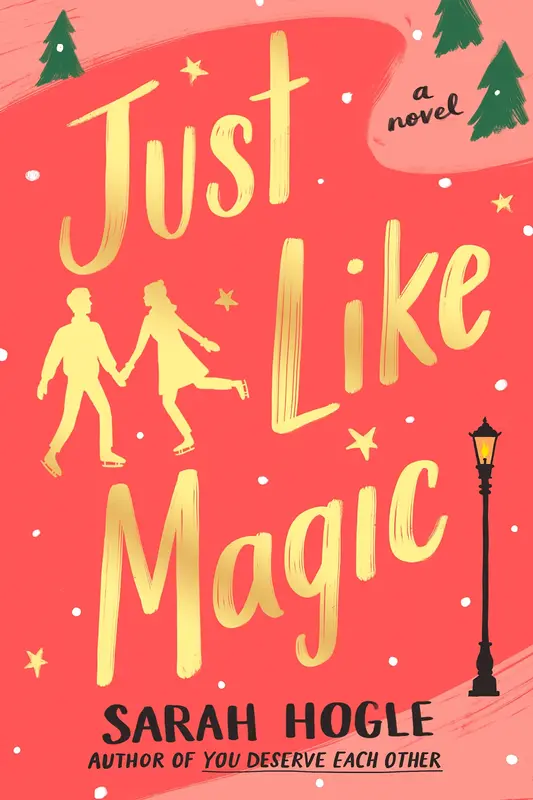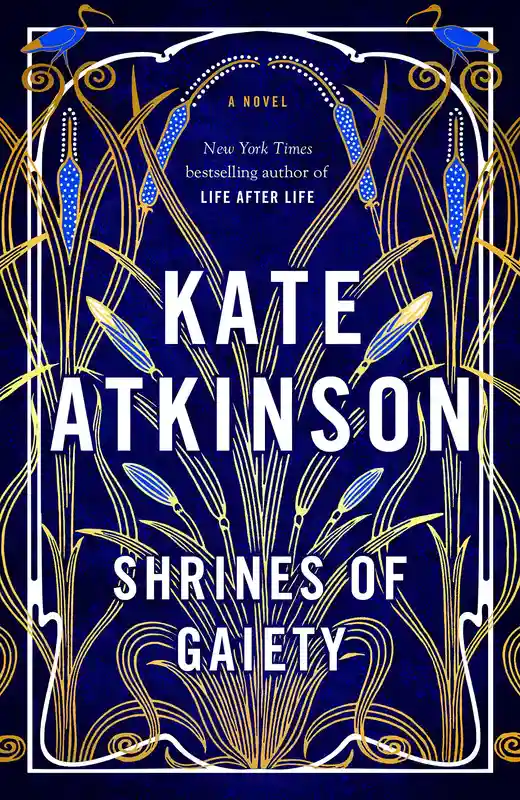This post may contain affiliate links. Read more here.
Book club questions for The Dictionary of Lost Words by Pip Williams explore the power of language and the capacity of words to change the world.
How do we use our language to elevate or repress who we are? And how does our love for language not only affect us daily, but shape our identities? What are the contributions of women in a dictionary? How do words and language influence our lives?
The Dictionary of Lost Words is a New York Times bestseller, and Reese’s book club pick. It is an enchanting, masterfully written, sorrowful story – a dream of a novel. It tells the fascinating story of love, language, and less, and is worthy to be known in all respects. I guarantee you – reading this book, you will get lost in it, for it is an imaginative love letter to dictionaries.
Below are my book club and discussion questions for The Dictionary of Lost Words! Pip Williams is an amazing author and the topics this book presents us can empower us in many ways. Have fun discussing these book club questions with your book clubs, and let me know your thoughts!✨
The Synopsis
Esme is born into a world of words. Motherless and irrepressibly curious, she spends her childhood in the Scriptorium, an Oxford garden shed in which her father and a team of dedicated lexicographers are collecting words for the very first Oxford English Dictionary. Young Esme’s place is beneath the sorting table, unseen and unheard. One day a slip of paper containing the word bondmaid flutters beneath the table. She rescues the slip and, learning that the word means “slave girl,” begins to collect other words that have been discarded or neglected by the dictionary men.
As she grows up, Esme realizes that words and meanings relating to women’s and common folks’ experiences often go unrecorded. And so she begins in earnest to search out words for her own dictionary: the Dictionary of Lost Words. To do so she must leave the sheltered world of the university and venture out to meet the people whose words will fill those pages.
Set during the height of the women’s suffrage movement and with the Great War looming, The Dictionary of Lost Words reveals a lost narrative, hidden between the lines of a history written by men. Inspired by actual events, author Pip Williams has delved into the archives of the Oxford English Dictionary to tell this highly original story. The Dictionary of Lost Words is a delightful, lyrical, and deeply thought-provoking celebration of words and the power of language to shape the world.
In love with literature? Try audio books or writing classes
for free for 30 days.✨
Book Club Questions for The Dictionary of Lost Words
1. What does THE DICTIONARY OF LOST WORDS tell us about power?
2. How do you think not having a mother influenced the trajectory of Esme’s life and her character?
3. While this book is based on the true events surrounding the publication of the first Oxford English Dictionary, Esme herself is a fictional character. Why do you think Williams chose to have Esme grow up on the precise timeline she did?
4. Is the ending of the book just? Do the characters get what they deserve?
5. Do you think this is a hopeful story? Consider arguments for and against.
6. Consider Esme and Lizzie’s relationship. In what ways are the women similar? How are they different? Consider the extent to which nature/nurture shapes their expectations and behaviors.
7. Pip Williams is a celebrated author because of her ability to establish a compelling sense of time and place. How do the changing settings influence the tone of the narrative?
8. Why do you think Esperanto comes to play such an important role in Esme’s life, given she grew up with a love of the English language?
Bonus Book Club Questions for The Dictionary of Lost Words
9. THE DICTIONARY OF LOST WORDS explores linguistic inequality — the idea that not all words are equal. To what extent do you think this phenomenon exists in modern English? Consider the word like and its place in modern speech. Who uses it? How is it used? How has its use changed?
10. Can the evolution of language ever be a bad thing?
11. Williams depicts the lexicographers at the Scriptorium as the gatekeepers to the English language. Should the English language have gatekeepers? Should the dictionaries we use today help us to define our language, or should they reflect it back at us?
Additional Recommendations
Hope you enjoyed my book club and discussion questions for The Dictionary of Lost Words by Pip Williams! Here are some more of my book club recommendations.
Just Like Magic by Sarah Hogle
Bettie Hughes once knew the comfort of luxury, flaunting a collection of designer purses and an enviable dream home in Hawaii. That was before she lost all her money. Long obsessed with her public image, Bettie boasts an extravagant lifestyle on social media. But the reality is Bettie is broke and squatting in Colorado, and her family has no idea.
Christmas, with its pressure to meet familial expectations, is looming when Bettie plays a vinyl record of “All I Want for Christmas Is You” backward and accidentally conjures up Hall, the Holiday Spirit, in the form of a charming and handsome (if offbeat) man. Once the shock wears off, Bettie knows she’s stumbled upon the greatest gift: a chance to make all her holiday wishes come true, plus a ready-made fiancé.
But as some of Bettie’s wishes lose their charm, she finds herself thrown off-kilter by Hall’s sweet nature. Suddenly, grumpy Bettie is finding her heart merry and light. But the happier she gets, the shorter Hall’s time on earth grows. Can Bettie channel the Christmas spirit
Shrines of Gaiety by Kate Atkinson
1926, and in a country still recovering from the Great War, London has become the focus for a delirious new nightlife. In the clubs of Soho, peers of the realm rub shoulders with starlets, foreign dignitaries with gangsters, and girls sell dances for a shilling a time.
The notorious queen of this glittering world is Nellie Coker, ruthless but also ambitious to advance her six children, including the enigmatic eldest, Niven, whose character has been forged in the crucible of the Somme. But success breeds enemies, and Nellie’s empire faces threats from without and within. For beneath the dazzle of Soho’s gaiety, there is a dark underbelly, a world in which it is all too easy to become lost.
With her unique Dickensian flair, Kate Atkinson gives us a window in a vanished world. Slyly funny, brilliantly observant, and ingeniously plotted, Shrines of Gaiety showcases the myriad talents that have made Atkinson one of the most lauded writers of our time.
Thank you for reading my book club questions and happy reading! ❤️

